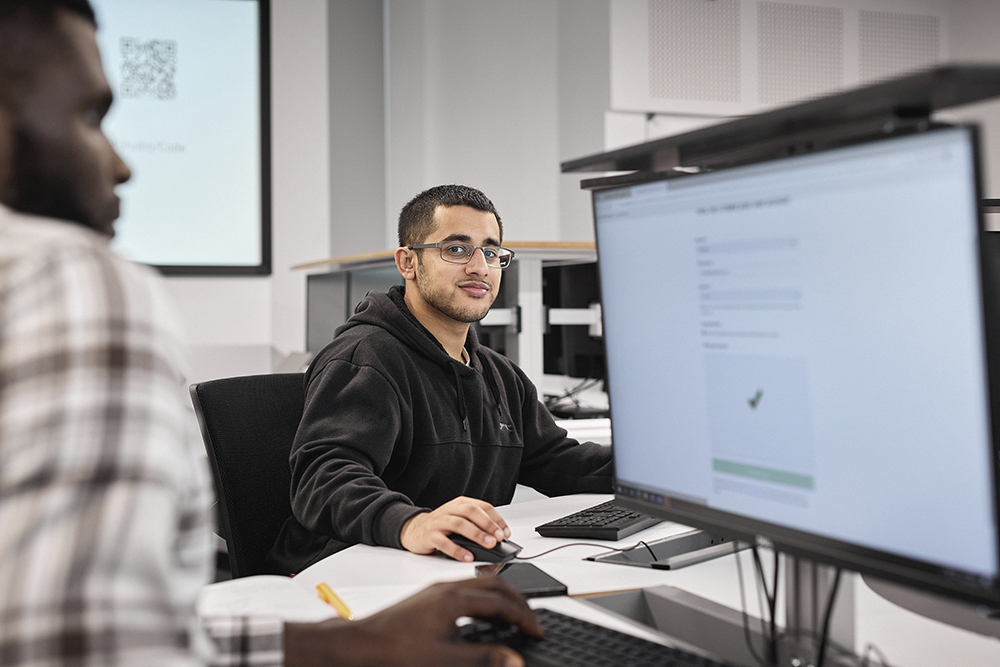Mr. Diockou is a Senior Lecturer at the School of Computer Science at Leeds Trinity University (LTU), where he has been a faculty member since 2020. He obtained his MSc in Network Performance Engineering from Bradford University in 2015 and his BSc in Computer Networks from Middlesex University in London in 2003. His extensive background in network engineering and computer science has paved the way for a career in academia and research.
Jim began his teaching career at the University Centre at Leeds City College (UC at LCC), where he worked as a lecturer for over 10 years. During his time at UC at LCC, he played an important role in the development of several academic pathways. He designed and developed the Cybersecurity pathway and significantly contributed to the design and development of the Software Development and Game Development pathways. His innovative approach and dedication to curriculum development have had a lasting impact on the programs at UC at LCC.
At LTU, Jim continues to demonstrate his commitment to education and student success. At undergraduate and postgraduate levels, he teaches a variety of modules, including Introduction to Software Development, Secure Development and Deployment (SDD), Computing Skills, and Responsible Computing. His expertise in these areas ensures that students receive a comprehensive and up-to-date education in computer science.
Jim has also been instrumental in the design and development of the Computer Science with Game Development pathway at LTU. Additionally, he contributed to the design and development of the BA Game Design pathway within the School of Digital and Screen Media, reflecting his interdisciplinary interests and ability to bridge the gap between computer science and creative domains of knowledge and skills.
His research interests are diverse and current, focusing on enhancing the security of drone networks through advanced intrusion detection and reliability modelling, exploring the intersection of tourism and the Metaverse, and integrating education with computer science advancements. These research areas not only contribute to the academic community but also address real-world challenges and opportunities.
Jim's publications include:
"An Analytical Queuing Model Based on SDN for IoT Traffic in 5G"
"Unravelling the Skills Deficit in Tech: An Educator's Perspective." These publications highlight his ability to address both technical and educational challenges within the field of computer science.
Outside of his professional activities, Jim likes reading about classical and medieval philosophies.

